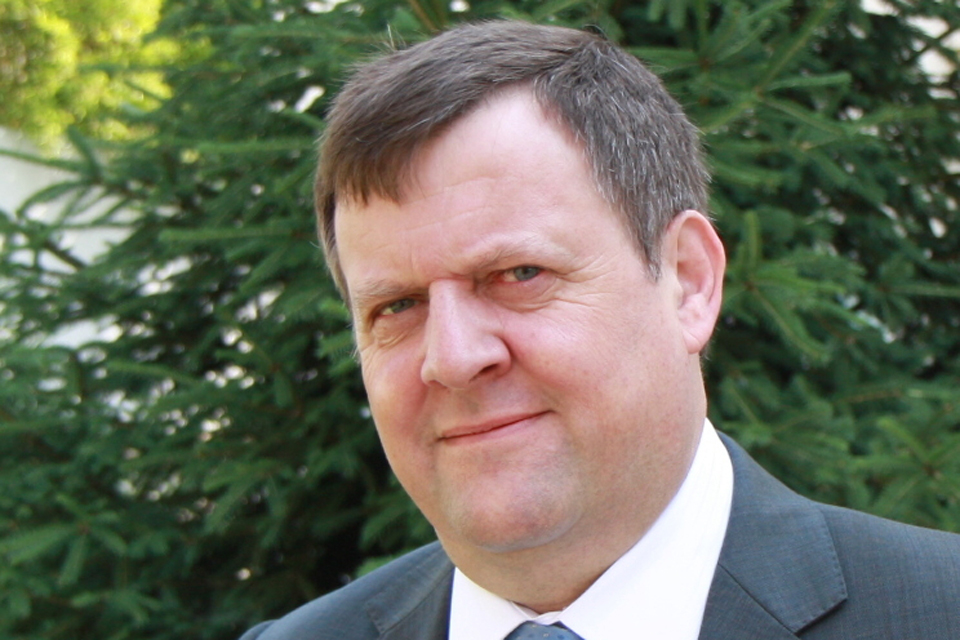"Albanian Lion 2013 " enables our British and Albanian soldiers to test and improve their skills in challenging conditions
British Ambassador Nicholas Cannon speech at the opening of "Albanian Lion 2013" Training press conference.

It is a great pleasure to be here with General Xhemal Gjunkshi, Chief of the General Staff, and other senior Albanian and British military officers to present to you the opening of exercise “Albanian Lion 13”.
Over the last three years, the Albanian Armed Forces and Ministry of Defence have worked with my Embassy and the military authorities in London to develop opportunities for joint training and joint exercises here in Albania. This resulted in major land and sea exercises last year and the year before. Last year’s exercise was commanded by Admiral Zambellas, Commander of the British Fleet. At the conclusion of that exercise, the aircraft carrier Illustrious had the honour of a visit by His Excellency the President of the Republic Mr Bujar Nishani.
The exercise this year will be commanded by General Davis, Commander of British Amphibious Forces. It is planned to be larger and more complex than that of last year, enabling our British and Albanian soldiers to test and improve their skills in challenging conditions. It also enables service personnel and officers from both countries to become accustomed to working together, within the framework of the NATO Alliance. Both sides have much to learn from each other. For the first time, there will also be a Dutch contingent participating.
The NATO alliance is an alliance of free and equal nations that come together to defend each other against common threats. For much of NATO’s history the principal threat came from aggressive communist dictatorships. Since the collapse of the communist system in Europe, the main threats to our security comes from terrorism, religious extremism and the proliferation of weapons of mass destruction. Albanian soldiers are already deployed in Afghanistan fighting some of these threats. We are grateful for their efforts and for the support they receive from their families and from the Albanian people more widely.
But these threats require more flexible and varied responses, and it is some of these that will be tested over the next two weeks. The exercise will include improved coordination between naval, ground and air assets in attack, defence and evacuation scenarios. Albanian staff officers have accompanied our warships from the start of the naval exercise in Portugal in order get a better appreciation the wider framework of the exercise and to contribute to its planning and coordination.
I want to thank the Albanian military and civil authorities for making these training opportunities available to us. However, we are also grateful to the Albanian public, in particular the citizens of Vlora and Berat districts, for their hospitality, patience and cooperation during these exercises. For our part, we intend that the British forces involved will do everything possible to minimise inconvenience to the public. We also wish to make a particular effort, together with the Albanian Armed Forces, to explain the exercise and its importance. We will be inviting the Albanian media to observe more of the exercise than was possible last year so that the public can better understand it. Colonel Oliver, Chief of Staff of the exercise, will give you some more details now.
Thank you for your attention.